The Expertise Behind Exceptional Home Furnishing and Custom Furniture

Creating a space that is both functional and aesthetically pleasing is an art form that requires a blend of various skills and expertise. Whether for residential or commercial purposes, custom furniture plays a crucial role in achieving a harmonious and personalized environment. In this blog, we explore the key areas of expertise required in home furnishing and how they contribute to the design and creation of custom furniture.
Interior Design: The Foundation of a Beautiful Space
Interior design is the cornerstone of any well-furnished space. Expert interior designers use their knowledge of space planning, color theory, and style trends to create environments that are not only visually appealing but also functional.
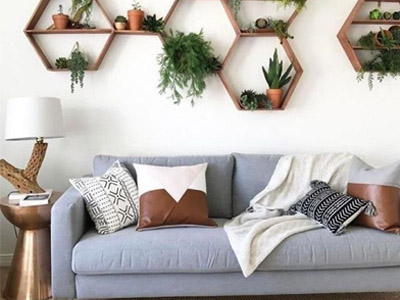
Space Planning: Effective space planning ensures that every piece of furniture fits perfectly and enhances the flow of the room. This is particularly important in custom furniture design, where each piece is tailored to fit the specific dimensions and layout of the space.
Color Theory: Understanding how colors interact and influence mood helps designers choose the right color palette for custom furniture, ensuring it complements the overall decor.
Style and Trends: Staying updated with the latest trends allows designers to create custom furniture that is both modern and timeless, appealing to both residential and commercial clients.
Furniture Selection and Arrangement: Creating Balance and Comfort
Selecting and arranging furniture requires a keen eye for proportion, scale, and ergonomics. Custom furniture must be designed to not only fit the space but also provide comfort and support.

Proportion and Scale: Custom furniture should be appropriately sized to avoid overpowering the room or getting lost in the space. Designers ensure that each piece is proportionate to the room’s dimensions and other furnishings.
Comfort and Ergonomics: Beyond aesthetics, custom furniture must be comfortable and ergonomically designed to support the users, whether it’s a cozy sofa for a living room or an ergonomic chair for an office furniture.
Material Knowledge: Understanding the properties of different materials helps in selecting the right ones for custom furniture, ensuring durability, ease of maintenance, and a cohesive look.
Textiles and Fabrics: Adding Depth and Character
Textiles and fabrics play a significant role in the overall feel of a space. Expert designers use their knowledge to select and coordinate fabrics that add depth and character to custom furniture.
Fabric Selection: Choosing the right fabrics for upholstery, curtains, and other textile elements is crucial. Designers consider factors like durability, texture, and appearance to ensure long-lasting and beautiful results.
Pattern and Texture Coordination: Mixing and matching patterns and textures can create a visually interesting space. Designers ensure that these elements complement each other without overwhelming the room.
Lighting: Enhancing Ambiance and Functionality
Lighting is a key element in home furnishing that can dramatically affect the ambiance and functionality of a space. Proper lighting design and fixture selection are essential for highlighting custom furniture.
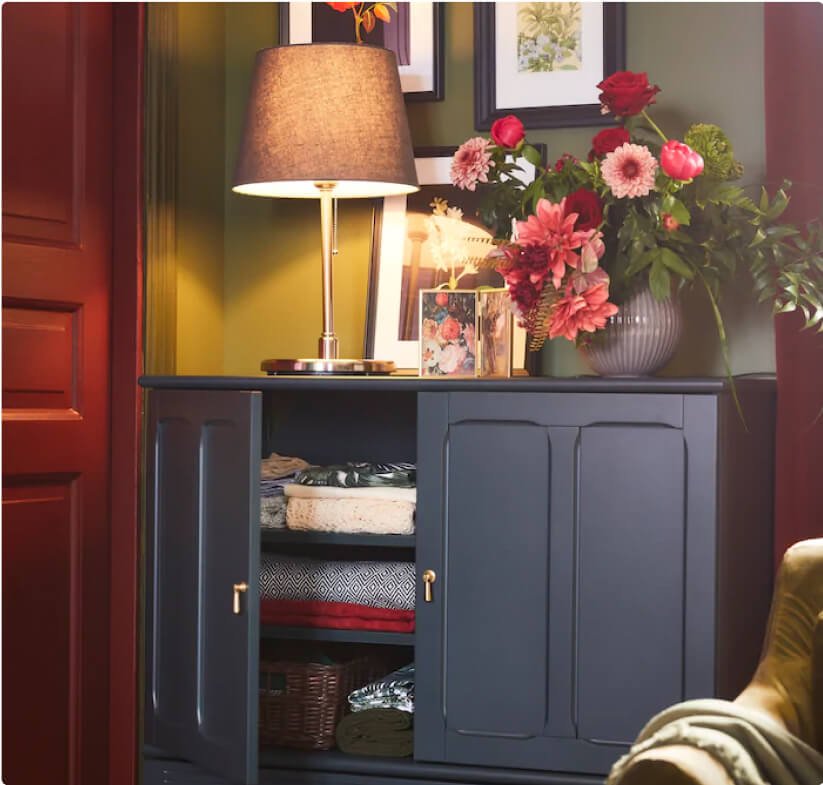
Lighting Design: Designers plan ambient, task, and accent lighting to create a balanced and inviting atmosphere. This is especially important in commercial spaces where lighting needs can vary significantly.
Fixture Selection: Choosing the right lighting fixtures enhances the aesthetic appeal of custom furniture and ensures adequate illumination for various activities.
Accessories and Decor: The Finishing Touches
Accessories and decor bring a room to life, adding personality and warmth. Expert designers carefully select and arrange these elements to complement custom furniture.
Decorative Elements: Artwork, rugs, pillows, and other accessories are chosen to add visual interest and tie the room together. Custom furniture often serves as the focal point around which these elements are arranged.
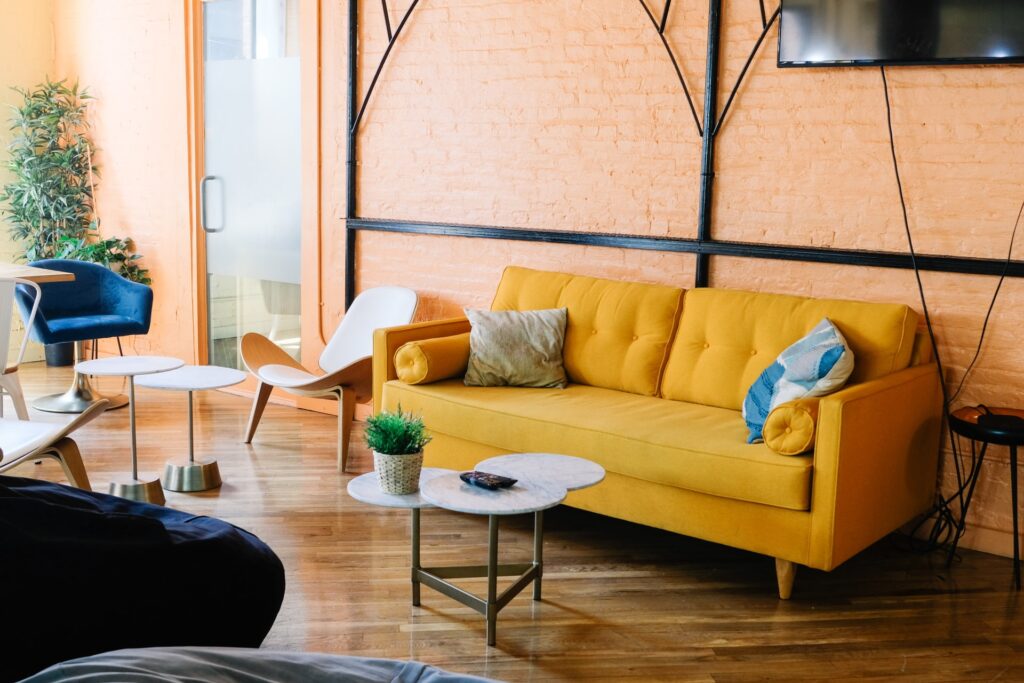
Balance and Harmony: Ensuring all decorative elements work together harmoniously is key to a cohesive design. Designers use their expertise to achieve a balanced look that highlights the beauty of custom furniture.
Functional Considerations: Smart and Sustainable Solutions
Functionality is a critical aspect of home furnishing, particularly in custom furniture design. Designers focus on creating smart and sustainable solutions that enhance the usability and environmental impact of the space.
Storage Solutions: Custom furniture often includes innovative storage options that help keep spaces organized and clutter-free, especially important in both residential and commercial settings.
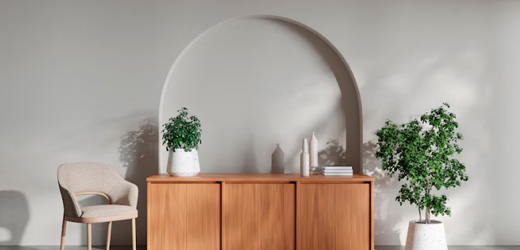
Sustainability: Using eco-friendly materials and practices, designers can create custom furniture that is sustainable and environmentally responsible, appealing to clients who prioritize green living.
Project Management: Bringing it All Together
Effective project management ensures that all elements of home furnishing come together seamlessly. This involves budgeting, sourcing, and coordination, particularly important in custom furniture projects.
Budgeting and Sourcing: Managing budgets and sourcing materials and furnishings from various suppliers is a critical skill. Designers ensure that custom furniture projects stay within budget while meeting high-quality standards.
Coordination: Overseeing the installation of custom furniture and ensuring that all elements are delivered and set up correctly requires meticulous coordination and attention to detail.
Customization and Personalization: Tailored to Perfection
Customization is at the heart of bespoke furniture design. Understanding client needs and preferences is essential for creating personalized pieces that truly reflect their style and requirements.
Customization Options: Offering bespoke furniture options tailored to the client’s needs ensures that each piece is unique and perfectly suited to the space.
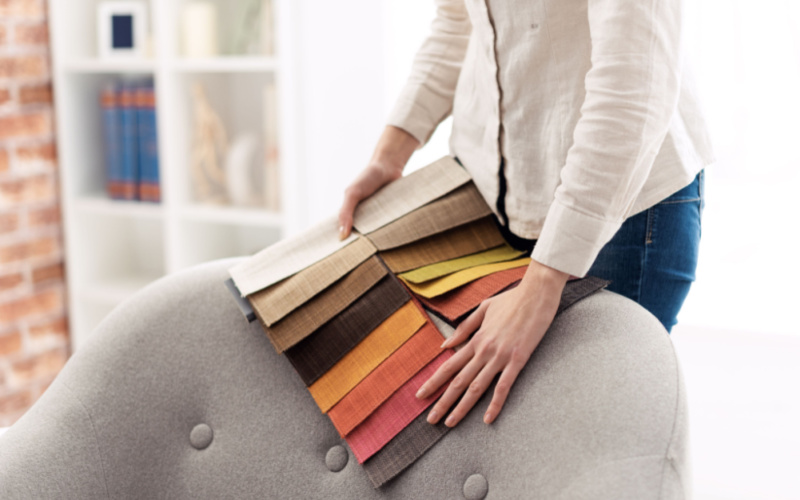
Client Collaboration: Working closely with clients to understand their lifestyle, tastes, and requirements allows designers to create custom furniture that is not only beautiful but also functional and personalized.
Technical Skills: Precision and Innovation
Technical skills are crucial in the design and creation of custom furniture. Proficiency in CAD and design software, accurate measurement, and layout skills are essential for precision and innovation.
CAD and Design Software: Using computer-aided design (CAD) and other design software allows designers to create detailed plans and visualizations, ensuring precision in custom furniture design.
Measurement and Layout: Accurate measurement and layout skills ensure that custom furniture fits perfectly within the space, avoiding costly mistakes and ensuring a flawless finish.
Conclusion
The expertise required in home furnishing is diverse and multifaceted, encompassing everything from interior design and furniture selection to lighting and project management. In custom furniture design, these skills come together to create spaces that are not only beautiful but also highly functional and personalized. Whether for residential or commercial purposes like hotel furniture or office furniture, custom furniture plays a pivotal role in achieving a harmonious and tailored environment, making the expertise behind it invaluable.